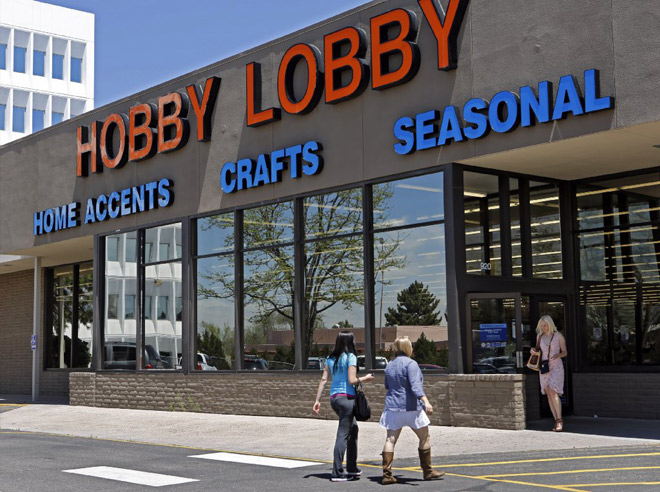When I wrote my original article about the Hobby Lobby case, I had the same fears as I do now. Recently, the Government and the Supreme Court have been treating corporations and people as the same thing. Yes, corporations are owned by people, but I don’t have any employees who livelihoods are dictated by my day-to-day life.
Let’s begin. According to dictionary.com, a corporation is
- an association of individuals, created by law or under authority of law, having a continuous existence independent of the existences of its members, and powers and liabilities distinct from those of its members. See also municipal corporation, public corporation.
- ( initial capital letter ) the group of principal officials of a borough or other municipal division in England.
- any group of persons united or regarded as united in one body.Informal.
- a paunch; potbelly.
So, for this case I am working with the first definition. What that means is that a corporation will exist even without the original owner. Bob’s Auto Repair will probably not exist if Bob dies. But if he incorporates and franchises, then Bob’s Auto Repair can exist with or without Bob. Nothing wrong with that. The people at Wal-Mart who have jobs even though Sam Walton died in 1992 probably are OK with that. Wal-Mart has been a corporation for many years. The company has hundreds of stockholders. Wal-Mart cannot truly claim to have a company conscience considering that the company is held by so many people. What about Hobby Lobby?
Hobby Lobby is what one would call a closely-held corporation. More that 51% of its shares are held by 5 or fewer people or people in the same family. It’s easy to believe that these people all have the same beliefs and morals. I wouldn’t question that. Why does this matter? It’s easy to believe that these stocks are held in the same family because this family wants to keep control over their company. If you own the majority of something you have control over its appearance and design. Mark Zuckerberg may have the majority of the shares of Facebook, but he owns less than 30% of the total shares. The rest are owned by individuals and corporations. Again, it cannot be argued that Facebook has a corporate conscience, no matter your opinion of Facebook as a website.
This matters because it can be argued that Hobby Lobby chooses to stay closely held in order to keep control over the values and the shared interest of the company–and so the morals of the majority owners of the company do matter. One can assume that if you go to a restaurant owned by a Jewish or Muslim family that you most likely won’t find pork on the menu. But a small mom and pop restaurant and a large company with hundreds of employees are two different things. Should I have to do a bit of internet research before I start working for a company to find if the company has a corporate or religious conscience? Is that status a legal status? Can it change? What if all the owners of Hobby Lobby or any of the other for-profit stores that will seek this protection change their minds? We, as individuals, have the right to learn and grow and change our minds, but do corporations?
It seems to me that this ruling leaves us with more questions than answers. Hopefully, in the near future there will be some answers as to the legal status of corporations, because it makes me very nervous that when I apply for jobs that I have to Google what religion the CEO is now…



























